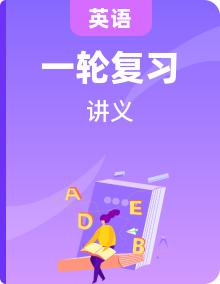若您為此資料的原創(chuàng)作者,認(rèn)為該資料內(nèi)容侵犯了您的知識(shí)產(chǎn)權(quán),請(qǐng)掃碼添加我們的相關(guān)工作人員,我們盡可能的保護(hù)您的合法權(quán)益。
入駐教習(xí)網(wǎng),可獲得資源免費(fèi)推廣曝光,還可獲得多重現(xiàn)金獎(jiǎng)勵(lì),申請(qǐng) 精品資源制作, 工作室入駐。




